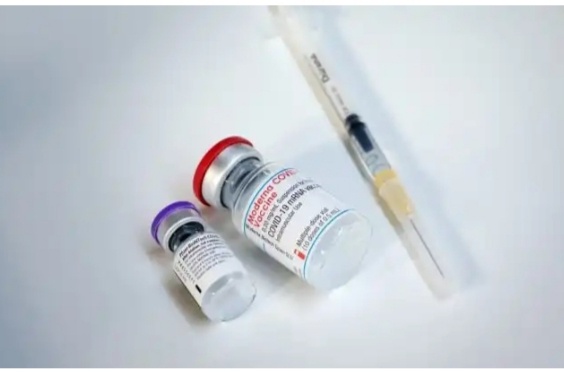The U.S. National Institutes of Health (NIH) said it had begun a mid-stage study to determine the risk of allergic reactions to COVID-19 vaccines made by Moderna Inc and Pfizer Inc.
Several allergic reaction incidents, including serious episodes, known as anaphylaxis, have been reported in the U.S. after vaccinations of Pfizer/BioNTech and Moderna shots.
DON'T MISS
“The public understandably has been concerned about reports of rare, severe allergic reactions to the Moderna and Pfizer-BioNTech COVID-19 vaccines,” Dr. Anthony Fauci, director of the National Institute of Allergy and Infectious Diseases, which is part of the NIH, said in a statement.
“The information gathered during this trial will help doctors advise people who are highly allergic or have a mast cell disorder about the risks and benefits of receiving these two vaccines. However, for most people, the benefits of COVID-19 vaccination far outweigh the risks,” he said.
The Phase 2 trial, called Systemic Allergic Reactions to SARS-CoV-2 Vaccination, is sponsored and funded by NIAID.
The vaccines are being provided by the program led by the U.S. Department of Health and Human Services and the U.S. Department of Defense to develop COVID-19 vaccines and therapeutics.
The vaccines are manufactured by Moderna, Inc. of Cambridge, Massachusetts and Pfizer, Inc. of New York.
The Moderna and Pfizer-BioNTech COVID-19 vaccines are the first two COVID-19 vaccines authorized by the Food and Drug Administration for emergency use and already have been given to millions of Americans.
Study staff will collect blood, urine and nasal swabs from participants before each injection, and blood and urine after each injection. If a significant number of systemic allergic reactions to either or both vaccines occur during the trial, investigators will analyze these biological samples to examine possible mechanisms for the reactions and whether certain genetic patterns are associated with higher risk.
Investigators will closely monitor participants’ safety throughout the trial. In addition, an independent data and safety monitoring board (DSMB) will review blinded and unblinded study data at scheduled review meetings to further ensure the safety of study participants.
The goal of the trial is to access the proportion of participants who have a systemic allergic reaction within 90 minutes after injection.
